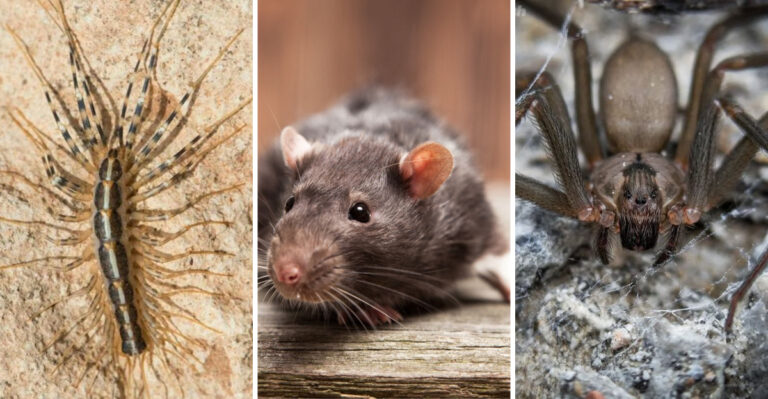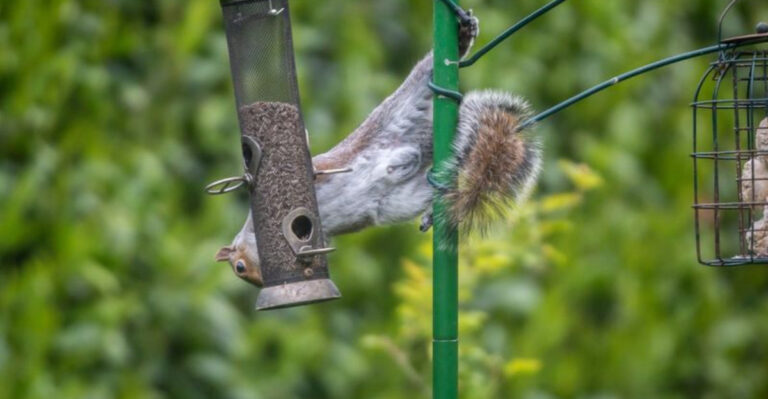Experts Reveal The Most Effective Ways To Get Rid Of Moles In Your Yard

Discovering mole tunnels zigzagging across your once-pristine lawn can be frustrating for any homeowner. These underground creatures may be small, but they can cause significant damage to yards and gardens.
Fortunately, there are several effective methods to control mole populations and protect your outdoor spaces from their destructive digging habits.
1. Trap Them Using Mole Traps
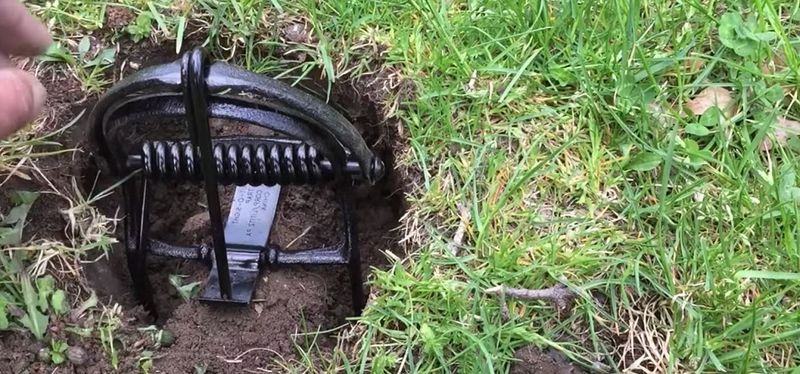
Professional-grade mole traps remain the gold standard for removing these persistent diggers. When positioned correctly in active runways, they offer quick results without chemicals.
Remember to wear gloves while handling traps to avoid leaving human scent. Check traps daily and relocate captured moles at least five miles away if using live traps.
2. Encourage Natural Predators
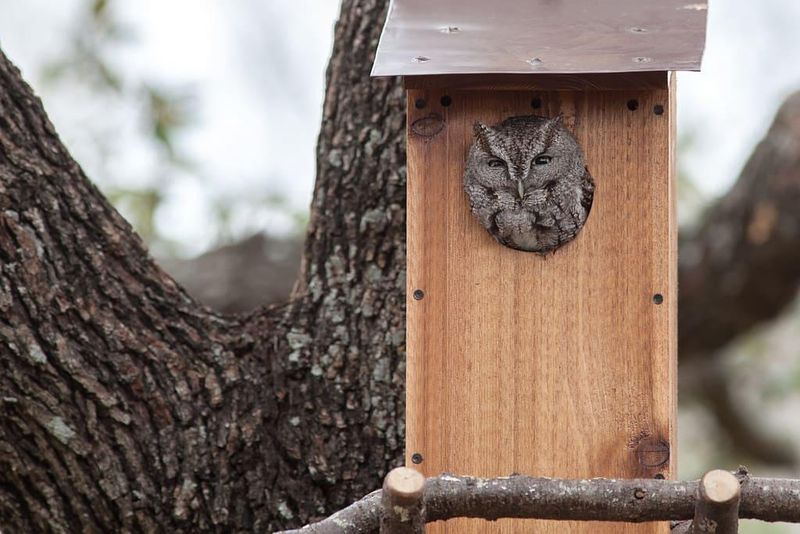
Nature’s own pest control can help manage your mole problem. Owls, hawks, foxes, and snakes all consider moles a tasty treat!
Install an owl nesting box 10-15 feet above ground in a quiet area of your property. Leave unmowed sections around the yard’s perimeter to create habitat corridors that welcome these helpful hunters.
3. Use Mole Repellent
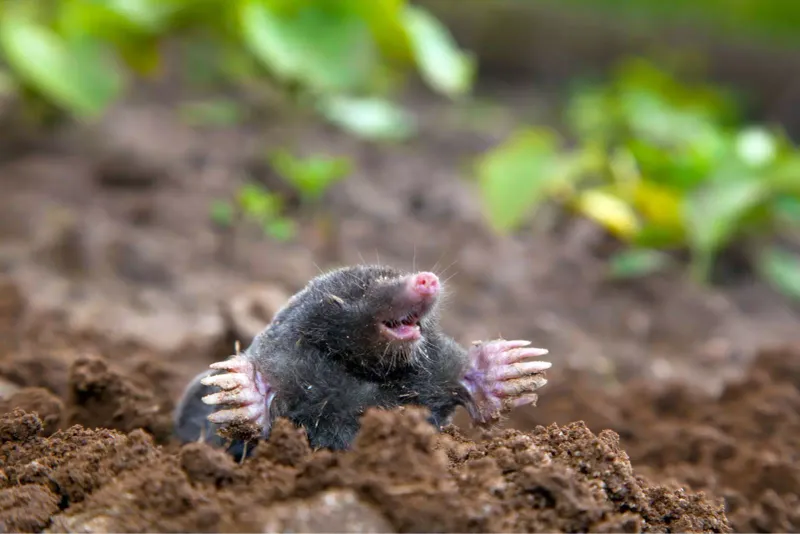
Castor oil-based repellents create an unpleasant environment that drives moles elsewhere without harming them. Simply mix with water and spray across your lawn’s surface.
For best results, apply during dry weather and treat the entire affected area. Many gardeners report success with homemade solutions using three parts castor oil to one part dish soap.
4. Install A Physical Barrier
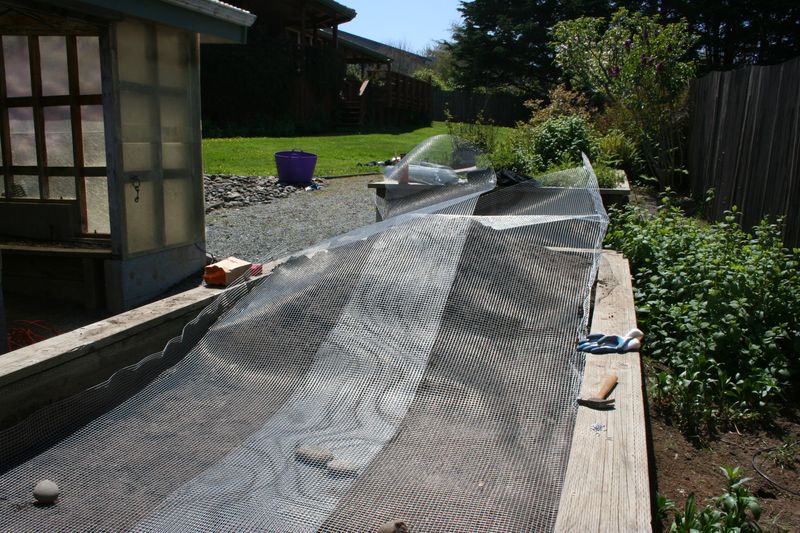
Creating underground fencing with hardware cloth or mesh prevents moles from accessing prized garden areas. The barrier should extend at least 24 inches deep with a 6-inch outward-facing bend at the bottom.
Focus protection efforts on vegetable gardens and flower beds rather than attempting to fence your entire property. This targeted approach saves time and materials.
5. Eliminate Their Food Source
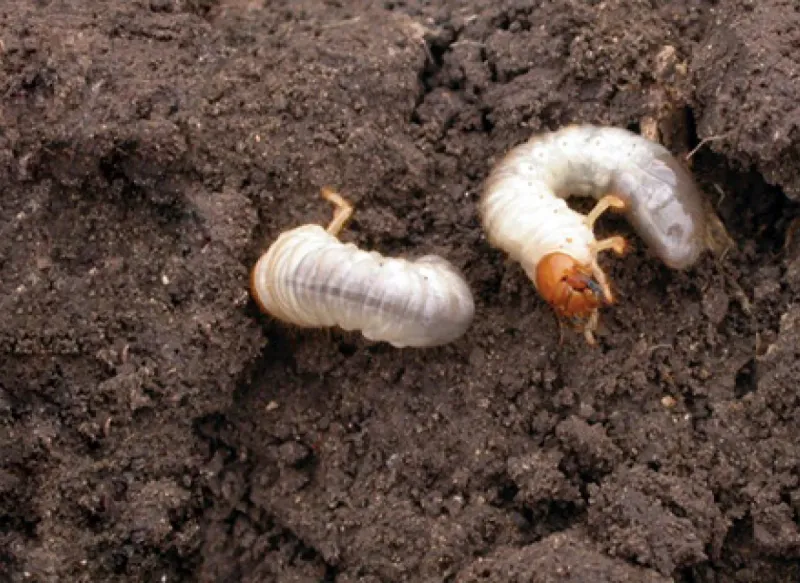
Hungry moles tunnel extensively searching for grubs and earthworms. Applying milky spore or beneficial nematodes reduces grub populations naturally, making your yard less appealing to moles.
Fall application works best for long-term control. Unlike chemical treatments, these biological solutions won’t harm beneficial insects or contaminate groundwater while still addressing the root cause of your mole problem.
6. Flood Their Tunnels

Water pressure can collapse tunnels and force moles to relocate. Stand ready with a shovel near the main runway while a helper directs water into the entrance.
As moles escape their flooded home, you can humanely capture them. This method works best in smaller yards where you can monitor all tunnel exits simultaneously.
7. Use Sonic Mole Repellers
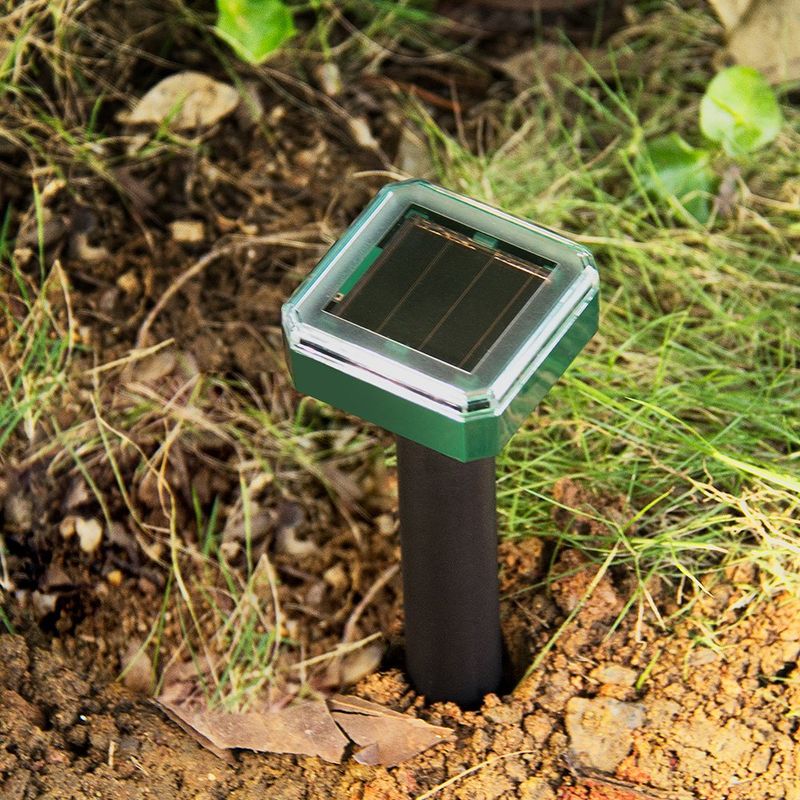
Battery-powered or solar stakes emit vibrations that irritate moles without disturbing humans or pets. The underground pulses mimic predator movements, creating a stress zone moles prefer to avoid.
Place devices every 30 feet throughout affected areas for comprehensive coverage. While results vary, many homeowners report significant reduction in mole activity within two weeks of installation.
8. Create A Toxic Bait

Commercial worm-shaped baits contain bromethalin or zinc phosphide that eliminate moles quickly. Always wear gloves when handling these products to prevent contamination with human scent.
Locate the main tunnel by pressing down raised areas – those that pop back up are active. Insert bait directly into these passages, keeping pets and children away from treated areas until the problem resolves.
9. Use Trapping Tunnels (Tube Traps)

Cylindrical tube traps offer a discreet solution without visible above-ground equipment. These specialized devices slide directly into active tunnels, capturing moles as they travel their usual routes.
Success depends on proper placement. Look for straight tunnel sections and gently remove soil plugs before inserting the trap. A small flag marking each location helps with daily checking.
10. Plant Mole-Repelling Plants

Certain plants naturally repel moles thanks to their strong scents or toxic properties. Daffodils, marigolds, alliums, and fritillarias make excellent perimeter plantings around vulnerable areas.
For maximum effectiveness, create a dense border at least two feet wide. The bulbs of daffodils and fritillarias contain alkaloids that moles find particularly offensive, while marigolds’ strong scent masks the smell of prey.
11. Keep Your Lawn Well-Maintained

A healthy, dense lawn naturally discourages mole activity. Regular aeration reduces compaction, allowing grass roots to grow deeper and create an environment less conducive to tunneling.
Mow at the proper height for your grass variety—typically 2.5-3 inches. Water deeply but infrequently to encourage deep root growth rather than surface moisture that attracts earthworms and subsequently, hungry moles.



